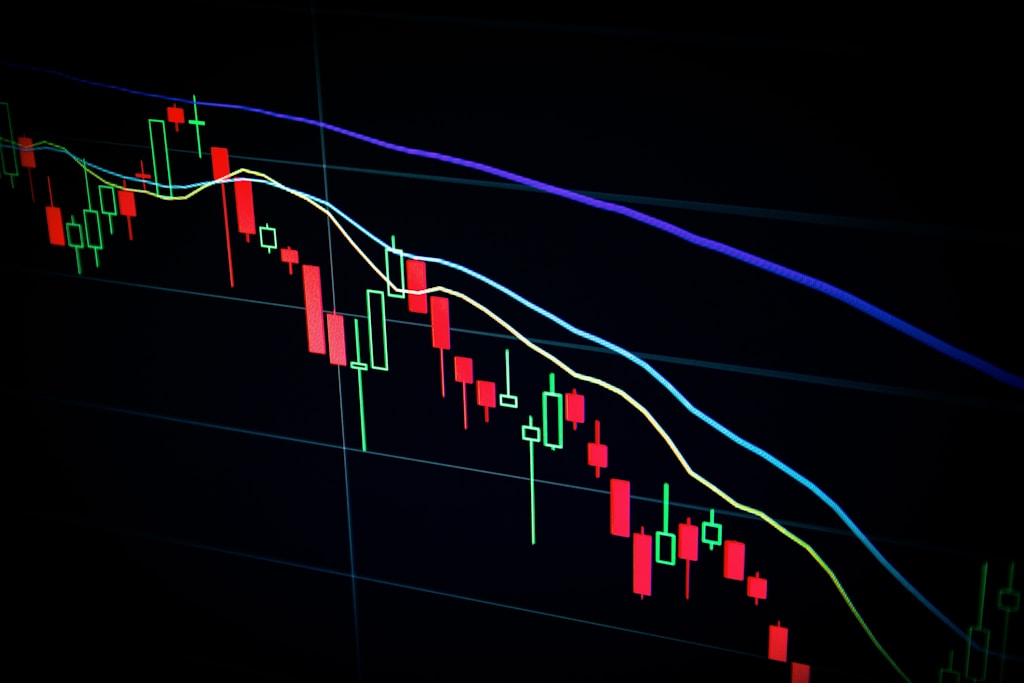Solana’s institutional adoption reached new heights today as Nasdaq-listed Upexi announced a $100M treasury reserve allocation and ARK Investment Management added Solana staking exposure to its ETF offerings. This dual institutional endorsement signals growing Wall Street confidence in the Layer-1 blockchain.
Upexi’s Strategic $100M Solana Treasury Reserve
In a major vote of confidence for Solana, Upexi (NASDAQ: UPXI) revealed plans to allocate 95% of its recent $100M capital raise to establish a Solana treasury reserve. The announcement triggered a dramatic 335% surge in Upexi’s share price, highlighting strong market approval for the strategic move. This follows a broader trend of institutional players building Solana positions, as seen in Astra’s recent $100M Solana ecosystem fund.
ARK Investments Pioneers Solana Staking ETFs
Adding to the institutional momentum, ARK Investment Management has integrated Solana staking into two flagship ETFs – ARKF and ARKW. The firm invested $5.2M to acquire 500,000 shares of 3iQ’s Solana Staking ETF (SOLQ), marking the first U.S.-listed ETFs to incorporate Solana staking exposure.
Market Impact and Network Scalability
The institutional developments have already impacted Solana’s market performance, with 24-hour trading volume jumping 20%. However, increased institutional participation raises questions about network scalability. This echoes recent developments where major whales have been accumulating SOL, potentially in anticipation of institutional demand.
Looking Ahead: Institutional Integration
As Solana continues attracting institutional capital, several key developments bear watching:
- Potential additional corporate treasury allocations following Upexi’s lead
- Expansion of Solana-based ETF products
- Network scaling solutions to handle increased institutional activity
- Integration with traditional finance infrastructure
FAQ Section
What does Upexi’s treasury reserve mean for Solana?
The $100M allocation demonstrates growing institutional confidence in Solana as a treasury asset, potentially encouraging other corporations to follow suit.
How do ARK’s ETFs provide Solana exposure?
The ETFs gain Solana exposure through shares of 3iQ’s Solana Staking ETF (SOLQ), offering investors indirect access to staking yields.
What are the implications for Solana’s network capacity?
Increased institutional adoption may stress network capacity, highlighting the importance of ongoing scalability improvements.



